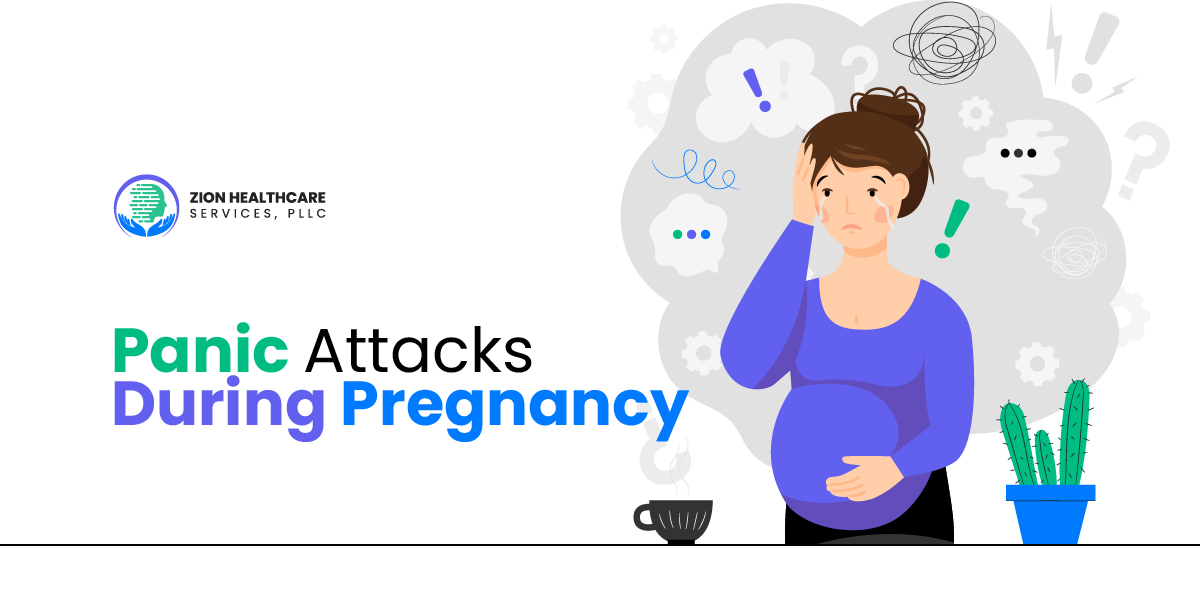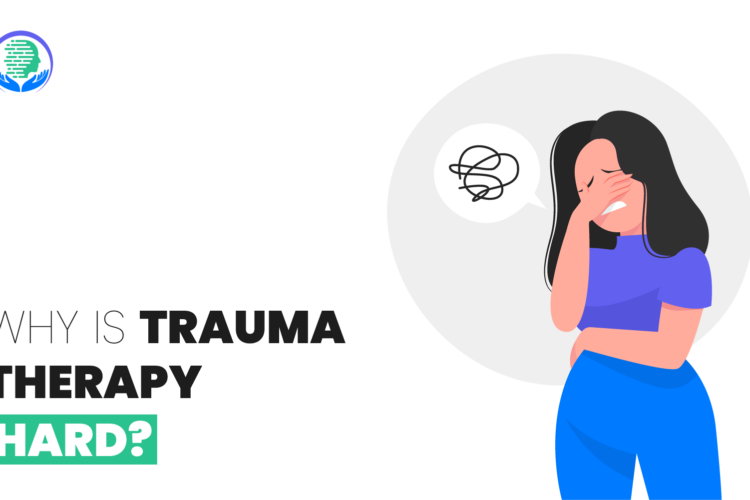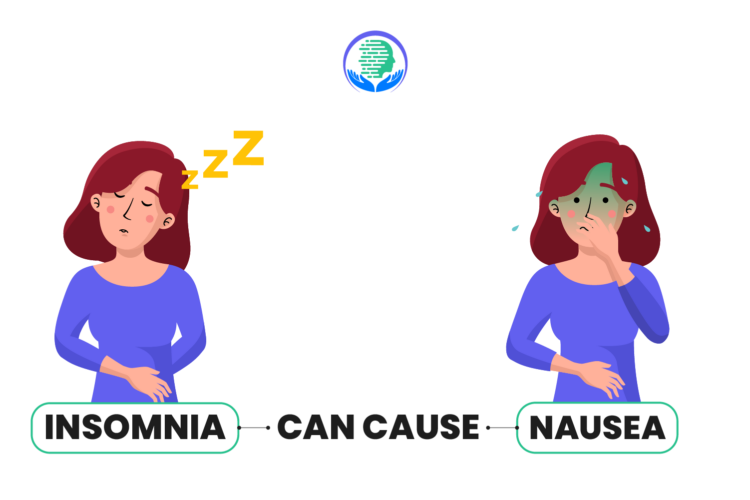
Being pregnant is exciting. You’re going to be a parent soon! But sometimes, being pregnant can make you feel all sorts of things.
Some moms feel super happy about every little movement from the baby. They love seeing how their bodies change and sometimes they experience panic attacks during pregnancy.
As time goes on, you might feel like your thoughts are getting out of control. This can affect how you do things at work and get along at home.
If you’re feeling anxious while pregnant, it’s important to reach out for help. Talk to your doctor about any signs or feelings of anxiety you’re having.
Additionally, consider reaching out to Zion Healthcare Services for support in managing the anxiety and stress that might arise during pregnancy.
What to do when having panic attacks during pregnancy
Having a panic attack during pregnancy can be incredibly scary and overwhelming. But remember, you’re not alone, and there are things you can do to manage it and regain your calm. Here are some steps you can take:
- Focus on your senses to anchor yourself in the present. Try slowly counting your breaths, naming objects around you, or describing their texture and colour.
- Practice progressive muscle relaxation or guided imagery to calm your physical and mental state. Tense and release different muscle groups in your body, or visualize a peaceful scene.
- Breathe deeply and slowly, focusing on your breath and letting go of negative thoughts. Challenge any unhelpful thoughts that fuel your anxiety.
- Getting enough sleep is crucial for managing anxiety and overall well-being. Aim for 7-8 hours of sleep each night.
- Nourish your body with nutritious foods to boost your energy and mood. Avoid processed foods, sugar, and excessive caffeine.
- Regular physical activity releases endorphins that improve mood and reduce stress. Choose activities you enjoy, like walking, yoga, or swimming.
How common is anxiety in pregnancy?
It’s completely normal for anxiety to happen during pregnancy; actually, more than 1 in 10 pregnant women experience it.
If you’re feeling like you’re not handling things well, remember you’re not alone and it doesn’t make you a failure.
l theanine pregnancy is a rollercoaster of emotions, and it can be tricky to figure out if what you’re feeling is just a part of the experience or something more serious.
Trust your instincts, you know yourself best. If anxiety is a constant presence or if you’re having panic attack pregnancy, it’s important to reach out for help.
Don’t hesitate to ask for support during this time. And feel free to contact us!
How to treat severe anxiety while pregnant
Concerns during pregnancy are widespread. Hormonal shifts, past heartbreaking miscarriages, and challenges with sleep can all contribute to anxiety in expectant mothers.
Worries may revolve around the potential impact of a baby on relationships with friends and family and the well-being of the future child. The childbirth experience, or the financial strain of expanding the family.
Experiencing stress at work while pregnant can impact both maternal well-being and potentially influence the overall pregnancy experience.
These anxieties are entirely typical. In humans, a certain level of anxiety serves as a protective mechanism.
Panic attacks during pregnancy at night
Panic attacks during pregnancy at night can be particularly unsettling, weaving worry into the tapestry of your dreams. The darkness and quiet can amplify anxieties, making the racing heart and tight chest feel even more overwhelming. Remember, even though it feels scary, you are not alone.
Here are some steps you can take to navigate these nighttime surges of anxiety:
- Breathe deeply and slowly, focusing on your inhales and exhales. Count each breath to anchor yourself in the present.
- Surround yourself with calming objects like a soft blanket or a favorite book. Dim the lights or light a soothing candle.
- Gentle stretches or yoga poses can help release tension and refocus your energy.
- If you feel comfortable, confide in your partner or a trusted friend. Sharing your worries can lighten the load.
Anxiety During Pregnancy
Feeling fear of pregnancy is something many moms go through. It happens because of changes in your body, past sad experiences, and trouble sleeping. You might stress about how having a baby will affect your relationships, your baby’s health, giving birth, and the extra costs of having a new family member. These worries are normal.
If you’re feeling anxious during pregnancy, it’s okay to talk to your doctor, share your feelings with family and friends, and learn ways to feel better.
Natural Remedies for Anxiety During Pregnancy
Pregnancy is a joyous time, but it can also be a whirlwind of emotions, including natural anxiety relief during pregnancy. The good news is that there are many natural remedies you can try to help manage your anxiety during this special time.
Here are a few things to keep in mind before trying any natural anxiety medication while pregnant:
- Always talk to your doctor before starting any new supplements or making changes to your diet or exercise routine.
- What works for one person may not work for another, so be patient and experiment to find what helps you.
- If your anxiety is severe or doesn’t improve with natural remedies, please seek professional help.
Now, on to the remedies!
Deep breathing
Breathe in slowly through your nose and exhale slowly through your mouth. Repeat for 10-20 minutes.
Meditation
Meditation can help you become more aware of your thoughts and feelings and learn to let go of negative ones. There are many different types of meditation, so find one that you enjoy.
Yoga
Yoga combines physical postures, breathing exercises, and meditation. It can be a great way to relax your body and mind. There are prenatal yoga classes specifically designed for pregnant women.
Herbal Remedies
Some herbs are helpful for anxiety, such as chamomile, lavender, and lemon balm. However, it’s important to talk to your doctor before taking any herbs, as some can interact with medications or be harmful during pregnancy.
Getting enough sleep
When you’re well-rested, you’re better able to cope with stress and anxiety. Aim for 7-8 hours of sleep each night.
Panic Attack Early Pregnancy Symptom
A panic attack is a sudden and intense episode of fear or anxiety that can come on quickly and reach its peak within minutes. Symptoms of a panic attack may include:
- Rapid heartbeat
- Shortness of breath
- Sweating
- Trembling or shaking
- Chest pain or discomfort
- Feeling lightheaded or dizzy
- Nausea or stomach upset
Final Thoughts
You are not alone. Panic attacks during pregnancy are more common than you think.
These episodes are temporary and won’t harm your baby.
Seeking help is a sign of strength and can significantly improve your well-being.
With the right support, you can navigate the waves of anxiety and embrace the joy of pregnancy.
Rest easy knowing that with Zion Healthcare Services, you can confidently navigate anxiety during pregnancy, benefiting from straightforward care and ongoing support.
FAQs
Can panic attacks harm the baby during pregnancy?
While experiencing panic attacks during pregnancy can be distressing, there’s no direct evidence they physically harm the baby. The short-term surge in stress hormones like cortisol can elevate the baby’s heart rate temporarily, but it quickly returns to normal.
How can I calm my panic attacks while pregnant?
Deep breaths, focus on your senses, and remember, help is available. Talk to your doctor or explore safe relaxation techniques like mindfulness or prenatal yoga.
Can panic attacks cause miscarriage in early pregnancy?
Panic attacks are stressful and direct evidence suggesting they cause miscarriage is lacking. However, chronic or severe anxiety may be linked to increased miscarriage risk. Openly discuss your anxiety with your doctor for the best guidance.
Can hyperventilating while pregnant hurt the baby?
Hyperventilation during pregnancy can be scary and uncomfortable for both you and the baby, the short answer is unlikely. The temporary drop in oxygen and rise in carbon dioxide levels usually normalize quickly.
Can a gynecologist prescribe anxiety medication?
A gynecologist typically does not prescribe anxiety medication. Psychiatric professionals such as psychiatrists or primary care physicians usually handle the prescription of such medications.
How to stop panic attacks while pregnant?
Seek guidance from a healthcare professional for tailored strategies, practice deep breathing exercises, and engage in relaxation techniques to help manage and alleviate panic attacks during pregnancy.
Can your obgyn prescribe anxiety medication?
An OB/GYN can provide support and may suggest non-pharmacological interventions for anxiety during pregnancy, they usually refer patients to a mental health professional or psychiatrist for prescribing anxiety medication.


